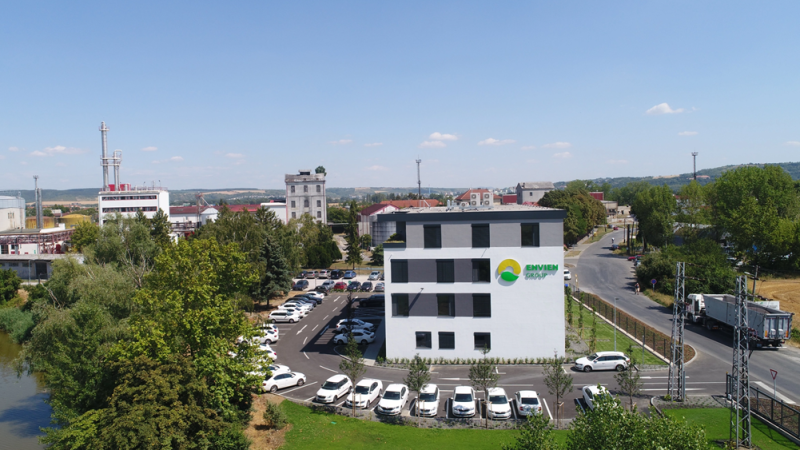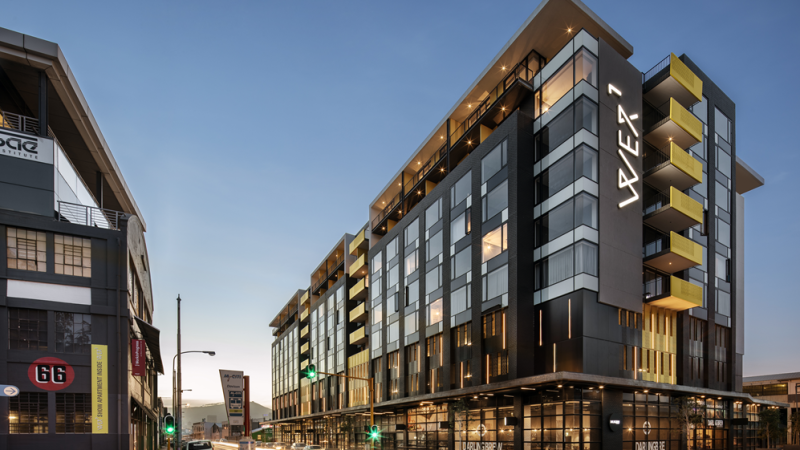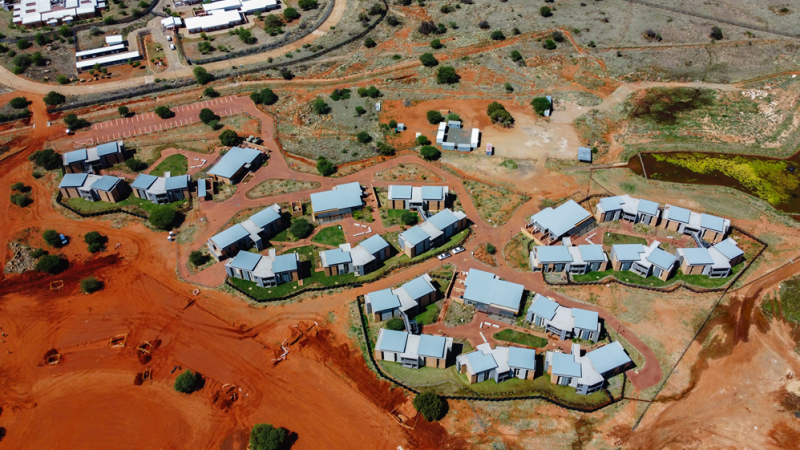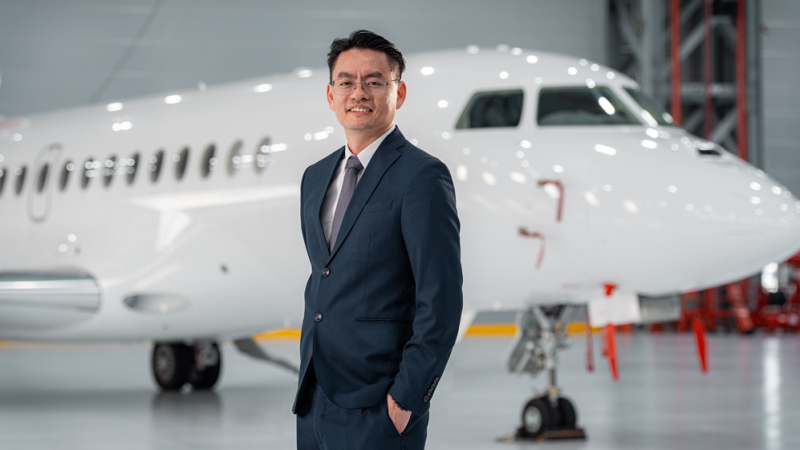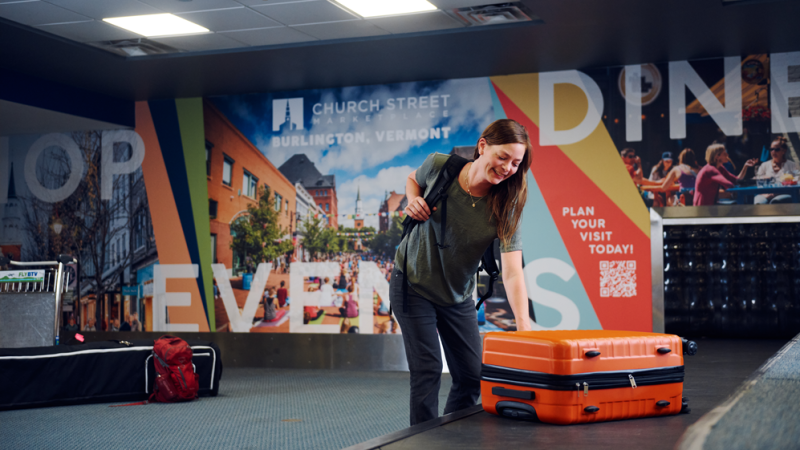For 35 years Aerosud has been working as a design and manufacturing company in the aerostructures sector. Originally the firm worked in the aerospace sector for the South African military design and development market, setting standards and building experience that would make it a powerhouse in the sector.
“Our founding fathers were the design leaders on the Denel Rooivalk attack helicopter program,” says Russel Grefen, Chief Operating Officer at Aerosud. “The early years were very military-focused. In the early 1990s, we worked with the South African Air Force on heavy engineering projects. Then we diversified into commercial aviation, focusing on cabin interior monuments, such as galleys and stowage.”
This is when Grefen joined the company, bringing with him the knowledge he had gained in the commercial sector. It would mean that Aerosud was well-equipped to rise to the challenge in the year 2000, when Aerosud became a significant supplier of cockpit and cabin furnishing for the Boeing portfolio of aircraft. Today Aerosud remains the sole supplier of cockpit furnishing for the B737 fleet of aircraft and has expanded to include the manufacture of B777 cargo linings. All parts are delivered directly to the Boeing production lines in the USA.
“We moved from design and development with low production capacity to focus on adding manufacturing to our portfolio,” Grefen says. “From there we got into aerostructures, providing mechanical components to super tier one brands. We have become Safran Electrical & Power’s major mechanical partner, creating metallic structures for the VU components installed in the Airbus A320 family of aircraft. These metallic structures are shipped to France where electrical wiring and components are installed by Safran Electrical & Power before delivery to the Airbus production lines.”
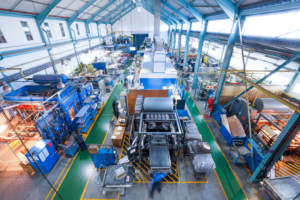 Taking Flight
Taking Flight
The next big step in the Aerosud story was in the mid-2000s, when the South African Air Force signed an agreement to buy the Airbus A400M Aircraft, once more with an offset requirement in place.
“Aerosud became the risk-sharing design and build partner, providing numerous work packages from the cockpit to the cargo area and even the wing tips on that aircraft,” Grefen recalls. “The step up there took us from being a small player in the design and build world to a recognised international brand working in the Airbus environment as an Airbus approved design supplier as well.”
Since then, Aerosud has been developing further and growing as aircraft commercial production rates increase.
“Today our customer base includes Airbus Commercial, Airbus Defence and Space, Boeing as well as Safran Electrical & Power and Spirit AeroSystems,” Grefen says.
Aerosud supplies Spirit AeroSystems through a build to print program that produces complex thin-walled aluminium welded components installed on the Airbus A320 and A350 family of wings.
Aerosud is well-positioned to provide for these contracts not just because of its skills and capacities, but also because of its geographical position. Doing business from the southernmost point of Africa, the majority of the company’s products are made to export, meaning that the company has by necessity become adept at vertical integration.
“Being far from the established aerospace supply chain means that we have had to develop a diverse selection of manufacturing technologies in-house,” Grefen tells us. “Our customers have come to refer to us as the ‘Swiss Army knife of the aerostructures industry’ because of all the technologies we provide under one roof, supported by engineering capabilities and design programs.”
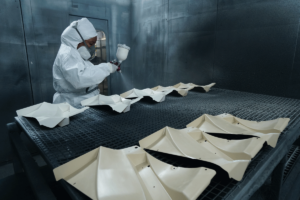 Applying the Soft Skills
Applying the Soft Skills
All of this is provided at what Grefen calls “Best cost”, which he makes a point of distinguishing from “cheapest”.
“All of our raw materials and our supply chain comes in from Europe and the States, which provides its own challenges,” Grefen says. “Then we have to ship the finished products out from Africa back into Europe and the States. That has led us to develop unique capabilities over the last 35 years.”
It has meant Aerosud has nurtured the kind of customer loyalty that has seen it through the pandemic.
“We survived thanks to the belief our customers have in us,” Grefen says. “That is because of all the technologies we have under one roof. We consider ourselves world-class when it comes to thin-walled aluminium welding. We also have developed robotic welding, which is a niche capability.”
Those skills are augmented by softer skills, because any business that sells itself on its expertise must ultimately rely on its people.
“We have invested in people skills,” says Grefen. “We are not as automated as Europe and America, and with that we have focused on our people and our company culture. We are working with a partner to renew and cement a healthy company culture from executive management down to shop floor management, and the grassroots level. We are taking a holistic approach, an accelerator approach, to the goals and ambitions we have set ourselves.”
Aerosud has a lasting commitment to its workforce, including its training. The company has done a great deal to link itself with local universities, providing mentorships and the opportunity for students to receive vocational work training and internships. It is how Aerosud is ensuring its future.
“Because of the level of vertical integration our remote location has encouraged, we have developed some unique capabilities, and we have spun some of those out into other, smaller businesses to make the most of the skills we have developed,” Grefen explains. “As our vertical integration continues, we have realised we can sell those additional capabilities outside of Aerosud.”
But at the same time, Aerosud’s customers continue to have faith in its core business. Looking further ahead, Grefen tells us Aerosud has signed up for an exciting project with Spirit AeroSystems and Airbus to further increase Aerosud’s capacity to ensure that they are able to support future production rates in the single aisle family of aircraft.
“It shows a positive outlook for Aerosud. We want to achieve the aircraft commercial rates, that’s what the customer’s goal is.”
Grefen is also optimistic about future collaborations with Boeing, building on its work as the aircraft giant’s main B737 cockpit linings supplier.
Aerosud’s ambition is to grow into the MRO space by furthering its “one-stop-shop offer” to customers seeking a seasoned supplier with all the necessary certifications and OEM approvals. Aerosud has capacity and capability available to provide a full turnkey solution for specialized low volume interior projects, such as VIP cabin monuments, conversions etc.
With the wealth of vertical integration Aerosud has to offer, it seems the only way is up.

